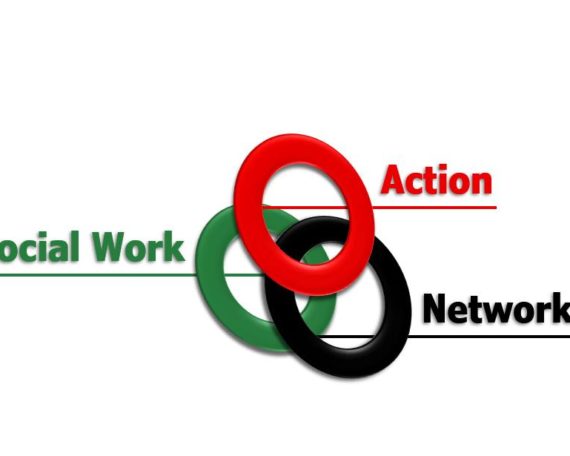From Newsletter #2 Spring 2011
Bob Williams-Findlay from DPAC discusses disability and the struggle for a just and inclusive society
Disabled People Against Cuts (DPAC) isn’t an organisation and nor does it claim to represent all disabled people; it is however part of a growing social movement. DPAC was created by the coming together of disabled people in opposition to policies designed to reduce public expenditure and alter the relationship between the state and society. Formed in the aftermath of the first mass protest against the austerity cuts and their potential impact on disabled people held on the 3rd October in Birmingham, DPAC sees itself as a rallying point for everyone who believes that disabled people should have full human rights and equality. It is exists for everyone who refuses to stay silent about the injustices delivered by wealthy politicians on ordinary people and their lives.
 The austerity measures however need to be seen in a wider historical context. What “disability” is and how it impacts upon people with impairments’ lives is still being contested. Disabled people are an easy target because the dominant views associated with defining “disability” within society has socially constructed them as being ‘dependent’ and unable to fully participate within society due solely to their impairments. This view, supported through negative and pejorative stereotyping, distorts who we are and the causes of the disabling barriers we face. Inappropriate and misleading labels such as “the disabled” or “vulnerable adults or children” reinforce prejudices and discrimination.
The austerity measures however need to be seen in a wider historical context. What “disability” is and how it impacts upon people with impairments’ lives is still being contested. Disabled people are an easy target because the dominant views associated with defining “disability” within society has socially constructed them as being ‘dependent’ and unable to fully participate within society due solely to their impairments. This view, supported through negative and pejorative stereotyping, distorts who we are and the causes of the disabling barriers we face. Inappropriate and misleading labels such as “the disabled” or “vulnerable adults or children” reinforce prejudices and discrimination.
Many people with impairments refuse to accept this view of themselves. Some distance themselves altogether from a ‘disabled identity’ whilst others like the co-founders of DPAC embrace it as a political identity. DPAC argues disabled people are not “the disabled”, but are a diverse social group of people with a variety of impairments who continue to face unequal and differential treatment resulting from systems, structures and cultures which fail to take disabled people into account. Disability is a political question requiring political and social answers.
Let’s be clear: DPAC doesn’t simply want to “protect” existing services from the axe – too often public and third sector services merely reinforce disabled people’s oppression and experiences of inequality – what we want are inclusive policies and practices. Although we are Disabled People against Cuts our focus is not exclusively on avoiding the negative impact of cuts upon benefits and services directly affecting disabled people it includes the opposition of all measures that will undermine disabled and non-disabled people’s ability to create a just and inclusive society.
More information: http://www.dpac.uk.net/

